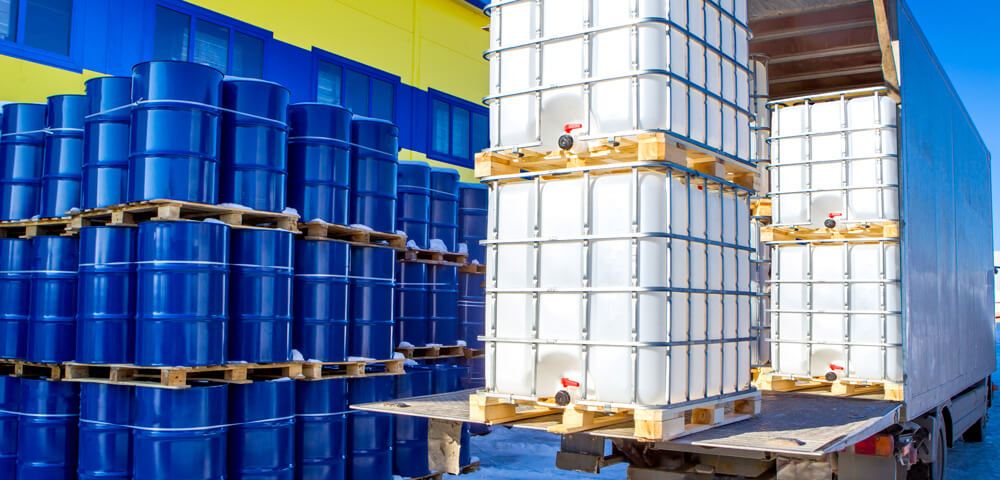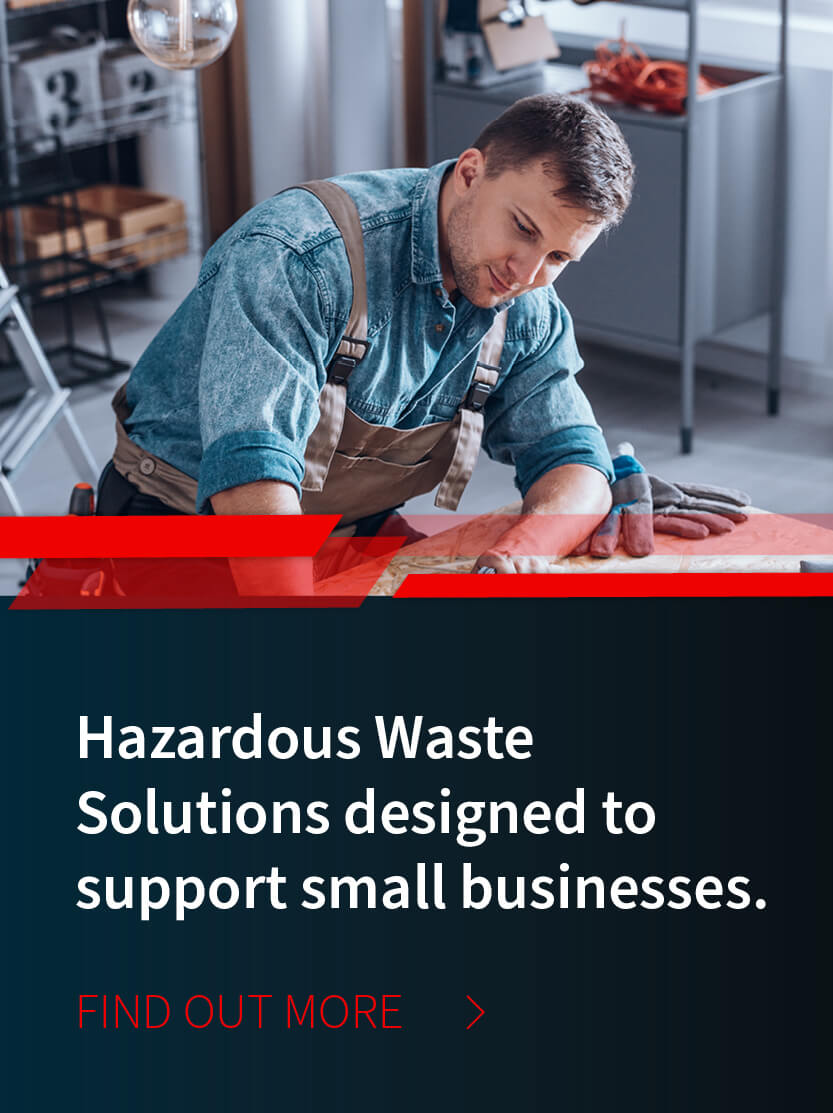
The Resource Conservation and Recovery Act (RCRA) covers basic management standards for hazardous waste generators. Title 40 of the Code of Federal Regulations (CFR), includes hazardous waste collection, treatment, and transportation guidelines. The RCRA establishes proper hazardous waste management, with the goal of protecting human health and the environment while also curtailing intrusive or adverse impacts on daily businesses operations.
Inspections and Evaluations
Generally speaking, the US EPA enforces all hazardous waste management inspections, unless delegated, then responsibility falls to state agencies. During an inspection, information gathered by the inspector focuses on whether control of the organization's hazardous waste satisfies all relevant laws and guidelines.
Any inspection begins with a thorough overview and identification of the type and amount of hazardous waste generated onsite. An inspector will also check for EPA identification numbers, manifest documentation, and other recording keeping and reporting requirements. In some cases, investigators collect laboratory samples for analysis and may monitor and evaluate local groundwater.
Inspections include the following steps, as outlined by the EPA:
- a characterization of the handler's activities
- identification of the types of hazardous wastes managed on-site
- a record review of reports
- documents and on-site plans
- the identification of any units that generate, treat, store, or dispose of hazardous waste
Large Quantity Generators (over 2200 lbs. per month) are also required to perform weekly inspections for any hazardous waste accumulating on-site. These weekly reviews include an examination of the storage containers and locations where the containers are kept, maintaining a look out for any leaking, deterioration, or corrosion. EPA's documentation requirements include tracking and documenting the current status of all hazardous waste receptacles.
Relevant Rules
Three sections of 40 CFR encompass the rules governing the management of hazardous waste. Under 40 CRF 261, any materials included on the list of hazardous waste as defined by the EPA must be collected and processed under hazardous waste guidelines enforced by the EPA or designated state agencies.
Once you have determined your status as a hazardous waste generator, 40 CRF 262 lays out the standards you must follow. This section of the Code of Federal Regulations establishes quantity limits, and determines the amount of hazardous waste accumulated on-site. For onsite collections and storage, 40 CFR 262 mandates specific time limits and technical standards for containers, tanks, and other containment structures.
Recordkeeping requirements under 40 CRF 262 include the creation of detailed manifests as required by the Department of Transportation and the EPA, biennial reports and other testing and disposal reports. Finally, CFR 262 includes provisions for proper personnel training, preparedness, and prevention through the development of contingency plans and emergency procedures.
For any hazardous waste unable to be treated onsite, 40 CFR 263 governs the collection and transportation of hazardous waste to the appropriate processing and disposal facility. For the purposes of 40 CFR 263, any organization or person participating in the off-site transportation of hazardous waste must comply with the EPA rule. In addition to the manifest, transporters of hazardous waste must also comply with US DOT regulations covering the safe transport of hazardous materials on public roadways.
Staying Compliant
When it comes to hazardous waste, one misstep or mistake can have severe consequences. Understanding all the variables of RCRA and EPA compliance regulations can ensure your business operations remain safe and secure. Partnering with a qualified, experienced waste management provider will help you ensure you safely, securely and legally manage your industrial waste.
With almost three decades of experience in waste management and disposal, MCF Environmental provides the expertise and capabilities you need to properly handle your hazardous waste.
Contact us today to learn more about MCF's high-standard hazardous waste disposal services.








